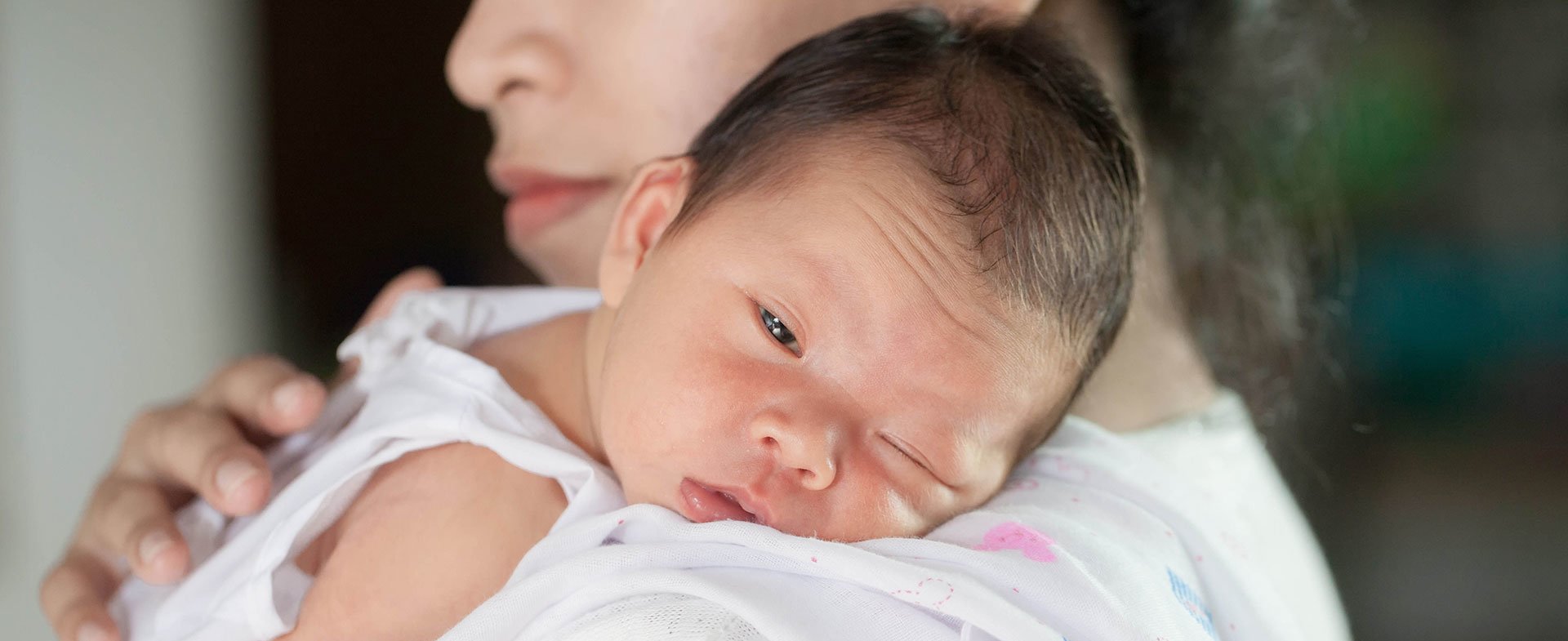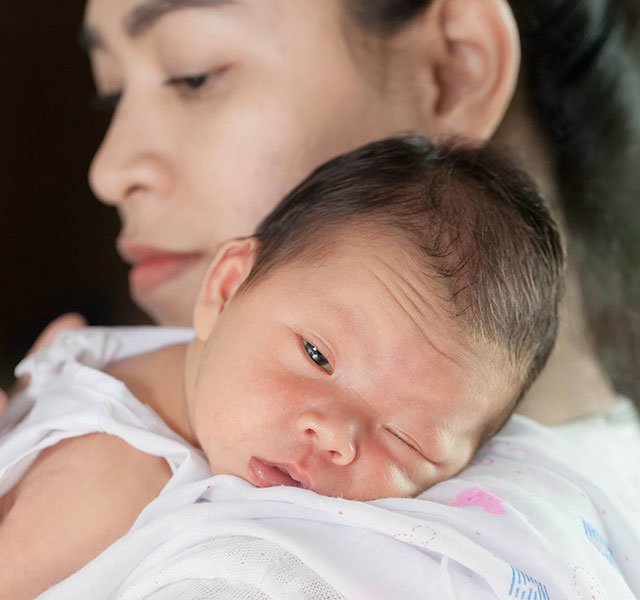Having a baby is an exciting time, but it’s also fraught with shifting hormones, sleepless nights and increased demands on your time. Your sense of self may change, along with your body image, and you may be suffering from the physical consequences of childbirth. Add breastfeeding, managing a household, changing roles in spousal or partner relationships, and other children to the mix, and it’s no wonder post-baby blues are so common.
“Even though depression and anxiety disorders are among the most common pre- and post-baby complications in the United States, there’s still an overwhelming stigma associated with mental health issues,” says Laurie Bania, M.S., C.N.M., a certified nurse midwife at Henry Ford Health. “Many women don’t want to admit they’re struggling, however, postpartum depression is a serious medical issue that usually requires treatment.”
While a whopping 80 percent of new moms experience post-baby blues – meaning they are teary, sad, overtired and emotional – postpartum depression is far more severe. Unlike the baby blues, which typically resolve within a few weeks, postpartum depression can last a year or longer with symptoms such as anger, aggression, feelings of detachment and excessive stress or worry.
Here’s your guide to what causes postpartum depression and what you can do about it.
What Causes Postpartum Depression?
Hormones. After birth, shifting hormones lead to mood swings, emotional outbursts and even physical changes like hair loss and sagging skin. Women may feel hot one minute and cold the next. They may not have much of an appetite and suffer from cramping, breast tenderness and sore nipples. Lack of sleep, too, can impact hormone levels and result in depressive symptoms.
History. “Women with a history of depression, mood disorders and anxiety, are at greater risk of developing postpartum depression,” Bania says. “Some of these women develop depression during pregnancy that doesn’t go away and may even worsen after delivery.”
Complications. Problems with labor and delivery or complications with your baby can also lead to depression. “If your labor doesn’t go as planned, or if you have an unplanned or emergency Caesarean section, that can lead to feelings of depression,” Bania says. “Similarly, if your baby has to stay in the neonatal intensive care unit, you may also suffer from depression and anxiety.”
What to Do If You Think You Have Postpartum Depression
Ask for help. There are many effective treatments for postpartum depression ranging from talk therapy to medication. It’s important to talk to your health care provider to determine which treatment is best for you.
Prioritize self-care. “It’s important to take care of yourself first. Eat a healthy diet, drink plenty of fluids, take your prenatal vitamins, snooze while the baby is napping and seek help from your partner or friends and family when you need it,” Bania says.
Try a support group. Women can participate in support groups in person or even online. There are countless free and accessible groups available. Search online for a support group near you or ask your nurse-midwife or obstetrician for a referral. A bonus: Postpartum support groups are often run by women who have experienced the condition themselves so they really understand what you’re going through.
“If your symptoms are persistent and you feel ill-equipped to take care of yourself or your baby, talk to your health care provider,” Bania says. “Help is available.”
If you are looking for a provider for prenatal or postpartum care or other women’s health issues, visit henryford.com or call 1-800-HENRYFORD (436-7936).
Laurie Bania is a certified nurse midwife who sees patients at Henry Ford Medical Center – New Center One in Detroit.



